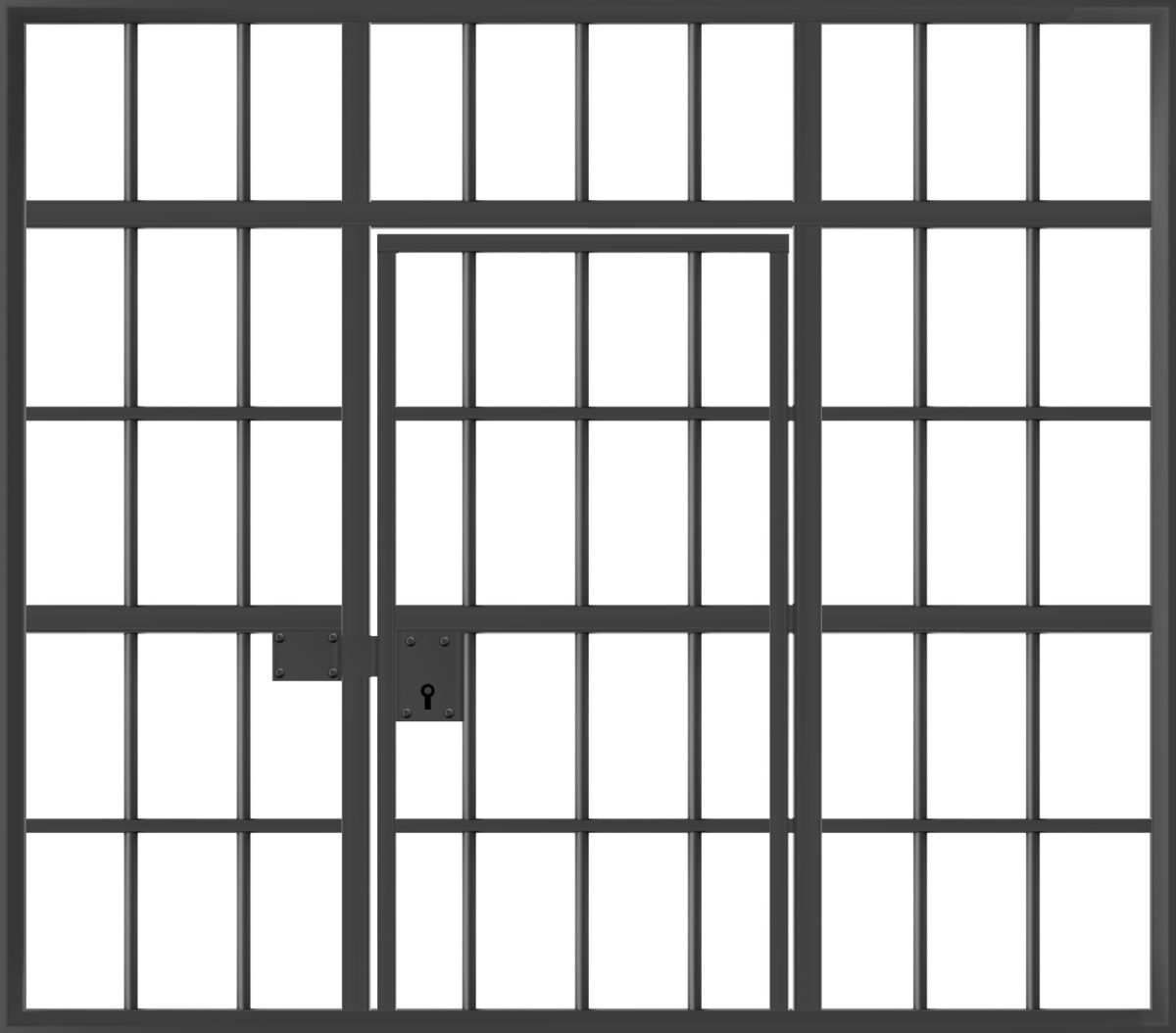Undocumented students require additional accommodations to successfully navigate the educational system in the United States. While programs such as the Deferred Action for Childhood Arrivals (DACA)–an executive order that provides temporary relief from deportation and the ability to work legally in the U.S.–may have improved attendance, retention and completion rates among undocumented students, more needs to be done.
Each year approximately 65,000 undocumented youth graduate from high schools around the U.S. However, only an estimated five to 10 percent continue with higher education. The fact that thousands of youths are being set up to not be educated is problematic for any society. The University of Texas at San Antonio knows this. In a meeting with President Romo, faculty and Immigrant Youth Leadership representatives, it was confirmed UTSA has the second largest population of DACA college students in the nation. Thus, understanding and improving our educational opportunities and experiences will inevitably translate into empowered communities with improved social conditions.
Although lacking a piece of paper, we are educated as Americans through a free public K-12 grade education granted by the 1982 U.S. Supreme Court case of Plyler v. Doe. As Rogers et al. state, our formation as Americans seeks to ultimately benefit society as a whole when social and civic responsibilities are required. Yet sociologist Roberto G. Gonzales has exposed how high school graduation forces some undocumented students to adapt to a new reality: a reality as an undocumented American. In this transition to illegality, as Dr. Gonzales describes, most undocumented students experience feelings of rejection, shame, anger, despair, marginalization, fear, low self-esteem and uncertainty due to a lack of legal status.
Given our enrollment at UTSA, it is our responsibility as students to seek out resources that facilitate academic resilience and personal growth. As undocumented and DACA students, it is also our duty to demand the just treatment of our peers and our community. Regardless of legal status, race, class, gender, sexual orientation, religious beliefs or party alignment, we all deserve a fair opportunity to achieve academic success. Consistent with James Truslow Adams’ writing in his 1931 book, “The Epic America”, undocumented and DACA students also aspire to “be able to attain to the fullest stature of which (we) are innately capable, and be recognized by others for what (we) are, regardless of the fortuitous circumstances of birth or position.”
I write to remind you that you are not alone and that a support group is available for you. Because this is also your community; we are as strong as the sum of our people. This is a plea to you-–a call to action as capable, academically advantaged and ethically engaged individuals. Your active membership and disclosure promises a safe community of activists, advocates of social justice and characters of moral change and integrity. The members of Immigrant Youth Leadership extend a cordial invitation to join our organization as members or allies. We believe you will also enjoy and benefit from this affiliation. Should you have any questions about our organization, such as regular meeting dates, please feel free to contact us at [email protected].
Carlos Aguilar
IYL Coordinator
Points of Contact for Undocumented and DACA students
Registrar:
Aida Trujillo
Registrar Officer II
Phone: (210) 458-6911
University Career Center:
Karen Ivy
Assistant Director, Student Services
Phone (210) 458-7136
Financial Aid & Scholarships:
Justin Bingham
Financial Aid & Scholarships Officer II
Phone (210) 458-7183
One-Stop Enrollment Center:
Monica Gonzalez
Sr. One-Stop Counselor
Undergraduate Admissions:
Jennifer McDaniel
Senior Undergraduate Admissions Counselor
Inclusion and Community Engagement Center
Ann Margaret Trujillo
Associate Director
Phone (210) 458-4770
Breaking Barriers Support Group
Dr. Melva Torné-Boyd
Counseling Services
Phone: 210-458-6828
Fridays from 10:30 am-11:30 am












